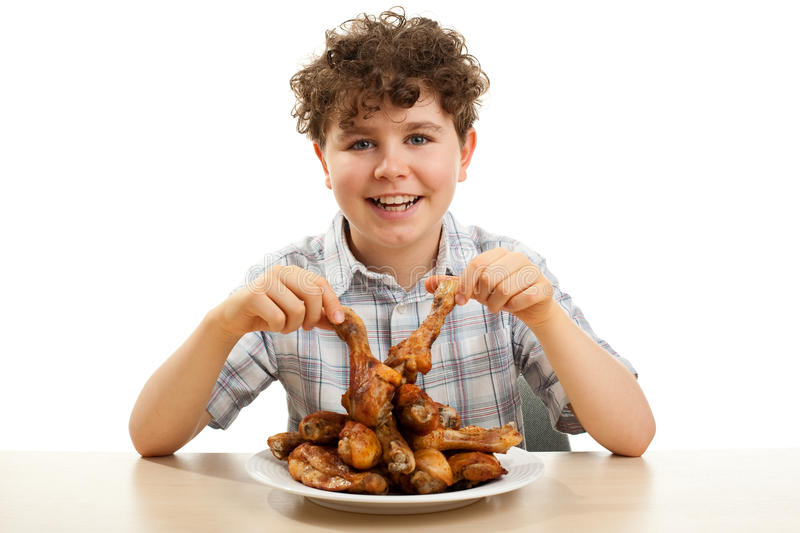What is Moral Licensing?
In one fascinating psychological study, researchers found that doing a bit of good gives folks the license to do something naughty (Sachdeva et al. 2009). So, for instance, a person may go for a jog and then feel they can reward themselves with a box of donuts. Maybe that person participates in Walk a Mile in Her Shoes to raise awareness to domestic violence and later feel licensed to use pornography later.
When it comes to human relationships with other animals, this moral licensing could have implications for vegan activism. If someone donates to an animal charity, for instance, perhaps they feel they can “treat” themselves to some chickens’ wings later. Researchers would refer to this as a sort of moral self-regulation or licensing.
Limited Evidence
Although it is often the case that consumers will try to suppress any guilt they may feel for complacency in animal suffering by buying cage-free or donating to an animal welfare group, it is not necessarily the case that they will feel compelled to hurt Nonhuman Animals more as a result of acting prosocially. Indeed, replication studies on moral licensing have not supported the existence of this psychological effect (Blanken et al. 2015).
Instead, cognitive dissonance is more likely at play. Cognitive dissonance occurs when folks become uneasy when confronted with a disconnect between their values and behaviors and then attempt to alleviate that conflict. Nonvegans can either tweak their values or behaviors to achieve psychological equilibrium. It is often the case that consumer values and behaviors shift toward the speciesist. In other words, when confronted with their empathy for other animals, some nonvegans double-down on their nonveganism to ease cognitive dissonance, not to engage in moral self-regulation.
Although moral licensing has little scientific support, it does remind us of the importance of scientific rigor. To be reliable, evidence should be supported by multiple studies. Activists, meanwhile, should investigate the source of scientific findings and determine their veracity before applying them to social movement efforts.
For the Vegan Toolkit
- Moral licensing is not strongly supported by research
- Individuals who practice prosocial behavior toward animals are not likely to “treat” themselves to speciesist practices in exchange
References
Blanken, I., N. van de Ven, and M. Zeelenberg. 2015. “A Meta-Analytic Review of Moral Licensing.” Personality and Social Psychology Bulletin 41 (4): 540-558.
Sachdeva, S., R. Iliev, and D. Medin. 2009. “Sinning Saints and Saintly Sinners: The Paradox of Moral Self-Regulation.” Psychological Science 20: 523-528.

Readers can learn more about the social psychology of veganism in my 2016 publication, A Rational Approach to Animal Rights.
